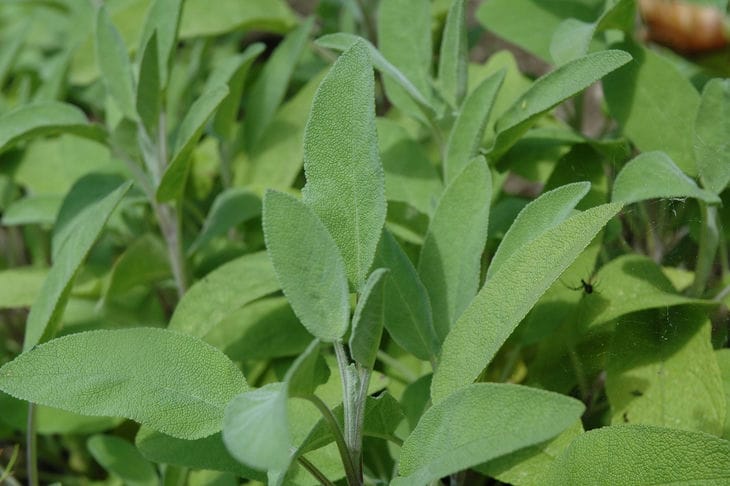Interest in medicinal plants in horticulture has grown significantly in recent years.
According to the expert of the online publication BelNovosti, scientist-agronomist, landscape designer Anastasia Kovrizhnykh , one of the most famous and beloved among ordinary gardeners and vegetable growers is sage - a plant belonging to a large genus, including many species.
The most valuable of them is considered to be sage.
This plant has antimicrobial and anti-inflammatory properties and is a powerful antioxidant that prevents aging of the body.
Even the aroma of this herb has a positive effect on a person’s mood and psycho-emotional state.

All parts are beneficial for humans - the inflorescences can be used to prepare baths, decoctions for washing and additives to bath tubs. They not only give a pleasant aroma, but also have a beneficial effect on the skin and hair.
For internal use, the most valuable are the sage leaves. They contain both aromatic and tannin substances, as well as vitamins and amino acids, which explain the healing properties of sage.
To grow sage in the garden, choose the sunniest area with fertile soil. If there is no such land, sage can grow in poor soils.
Seeds can be sown in open ground in late autumn or early spring. They germinate at a temperature of 10 degrees, but there will be no flowering in the first season, since the plants form leaf rosettes. You will be able to see flowers in the second year of growth.
Sage can be propagated by dividing adult plants. Another interesting fact: sage leaves do not fall off in winter, retaining their decorative qualities.
Earlier, an expert explained why seeds may not germinate .









